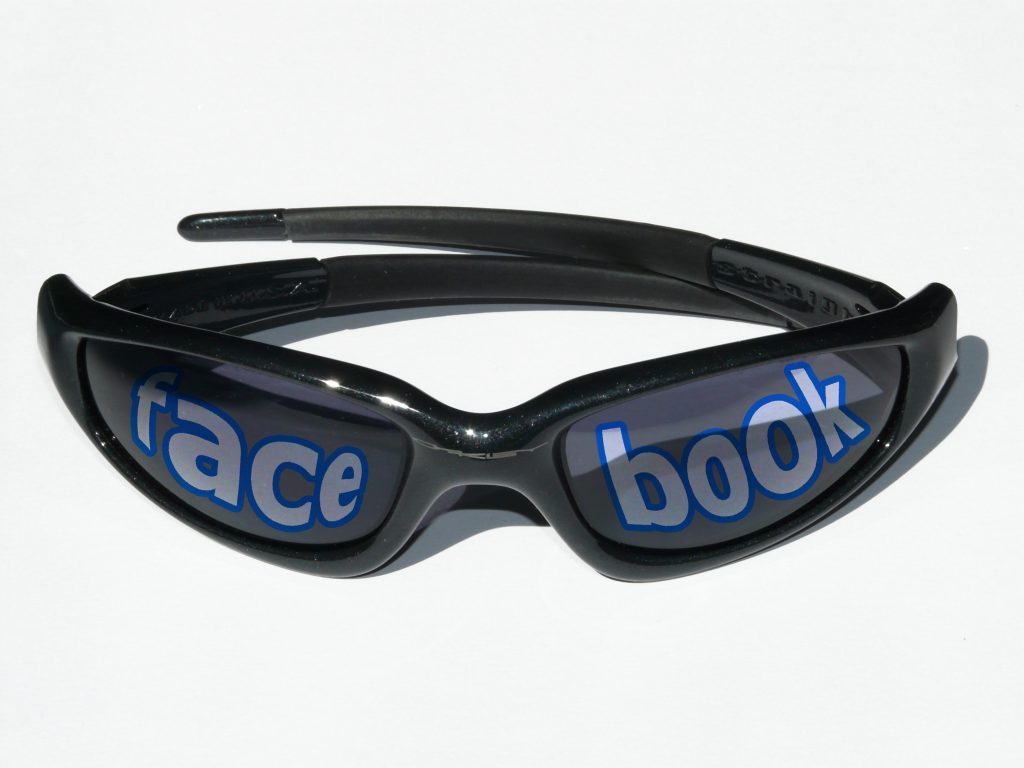Search
What do adult toys and X-rays have to do with protecting trade secrets?

Image by Tayeb MEZAHDIA from Pixabay
I’ve been revising a lot of NDAs recently — not to be confused with N.W.A.s. Although, sometimes, I do listen to N.W.A. while updating nondisclosure agreements.
My curious legal listening habits notwithstanding, there is a practical employment law point I’d like to make here. And it involves sex toys.
Really, Eric?!?
 The Employer Handbook Blog
The Employer Handbook Blog











